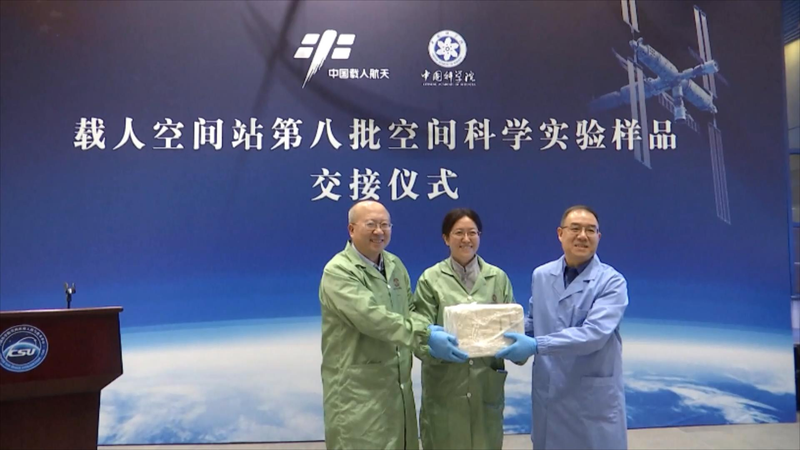California has become the epicenter of a heated discussion surrounding artificial intelligence (AI) regulation with the introduction of Senate Bill (SB) 1047, also known as the Safe and Secure Innovation for Frontier Artificial Intelligence Models Act.
Introduced by State Senator Scott Wiener, SB 1047 mandates that large AI models undergo rigorous safety tests to mitigate the risks of \"catastrophic harm\" before they can be released to the public. Additionally, the bill holds developers accountable for any severe damages caused by their AI models.
Having passed the state legislature in August, the bill awaits Governor Gavin Newsom's decision, which must be made by September 30. Given California's history of pioneering tech legislation in the absence of federal action, the outcome of SB 1047 could set a precedent for AI regulations across the United States.
The bill has polarized various sectors. Supporters, including the National Organization for Women and the Future of Life Institute, argue that proactive measures are essential to ensure safe and responsible AI development. They highlight the potential dangers of unchecked AI advancements and advocate for regulations that protect society.
On the flip side, the tech industry has largely voiced opposition. Giants like Google, Meta, and OpenAI, along with numerous startups and industry associations, contend that the bill's stringent safety requirements could stifle innovation. They warn that such regulations might place undue burdens on developers, potentially undermining California's and the U.S.'s competitiveness in the global AI landscape.
Hollywood has also joined the fray. More than 120 actors and producers signed an open letter urging Newsom to sign SB 1047 into law, emphasizing the industry's struggle with issues like AI replicas and deepfakes. The Screen Actors Guild – American Federation of Television and Radio Artists (SAG-AFTRA) echoed these sentiments, advocating for measures to protect creative works and personal likenesses from AI misuse.
Despite the legislative backing, the bill faces criticism from notable political figures, including former Speaker Nancy Pelosi, who described it as \"well-intentioned but ill-informed.\" Pelosi and eight U.S. House representatives from California have urged the governor to veto the bill, expressing concerns about its impact on small entrepreneurs and academic research.
Senator Wiener defends SB 1047 by asserting that it targets only the largest AI developers, leaving small startups unscathed. \"When technology companies promise to perform safety testing and then balk at oversight of that safety testing, it makes one think hard about how well self-regulation will work out for humanity,\" Wiener stated.
As California continues to lead in tech policy, SB 1047 is part of a broader push, with the state passing numerous AI-related bills this year. Recently, Governor Newsom signed eight AI bills into law, addressing protections for Hollywood actors and banning deepfakes intended to influence voter behavior before elections. Alongside SB 1047, at least four more AI bills are awaiting Newsom's decision.
The unfolding debate around SB 1047 underscores the complex balance between fostering innovation and ensuring safety in the rapidly evolving field of artificial intelligence. The decision made in the coming weeks will not only shape California's tech ecosystem but could also influence national and global AI regulatory frameworks.
Reference(s):
cgtn.com



